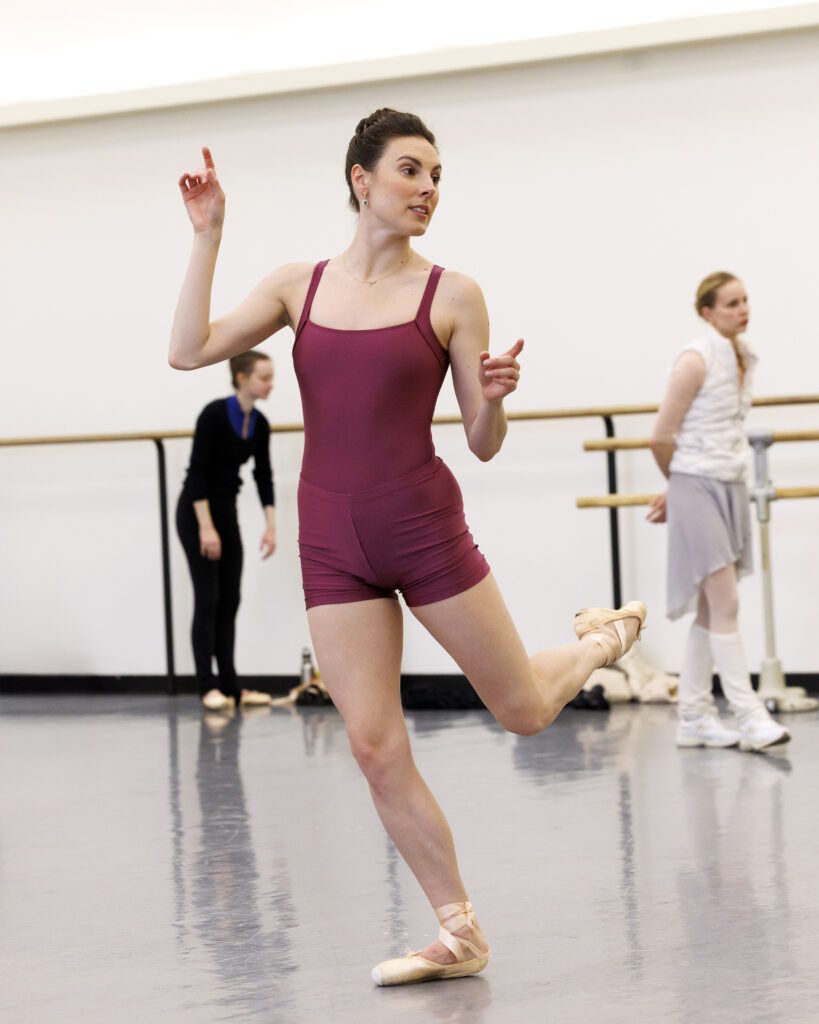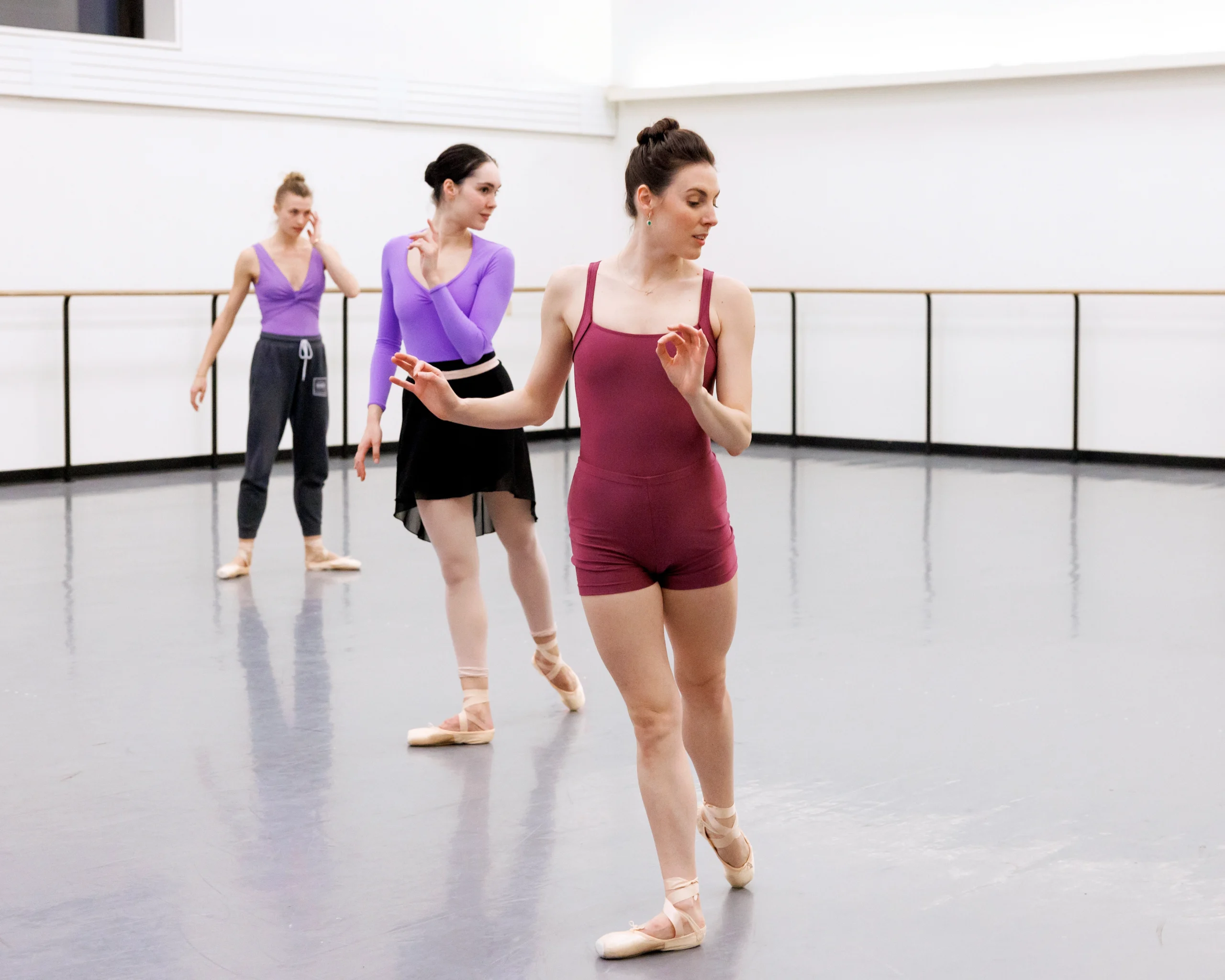Tiler Peck Choreographs Her First Work for New York City Ballet
It’s unsurprising that someone with Tiler Peck’s energy and drive simply can’t stand still. Even through the pandemic, the New York City Ballet principal and dance entrepreneur was busy forming an online community of dance lovers through her daily Instagram classes—called “Turn It Out with Tiler”—and developing new ballets with choreographers like William Forsythe and Alonzo King. Those projects led to a full evening of dance, including a work by Peck herself, that has toured to London, New York City, and California. She has also recently made ballets for Boston Ballet, BalletX, Northern Ballet, and Cincinnati Ballet. This season, she takes on yet another challenge: a big new ballet for her home company.
What does it mean to you to make a ballet for New York City Ballet, where you’ve danced for almost 20 years?
I feel a huge responsibility because not many dancers in the company get asked to choreograph, especially female dancers. I’m excited that the dancers have someone at the front of the room who really knows what it means to be on pointe. Mira Nadon and I were working on her solo, and she said, “I have never been in a studio with someone who was choreographing in pointe shoes.” We were figuring it out together. I also really want to make the dancers dance.

Can you separate your dancing self from your choreographing self?
Not really. I choreograph things that I would like to dance. I want people to enjoy the steps, and if they don’t, I can’t like the choreography, even if they’re good steps. I told them, “I want this to be something you are excited to dance.”
What music will you be using?
I’m using the Poulenc concerto for two pianos. When I told [NYCB music director] Andrew Litton I was thinking of using that music, he said, “Yes, please!” because that’s something the orchestra will be really excited to play. It’s big music, so I’ll be using a large cast, 19 dancers. It’s all about the music, and the story in the music.
Did you plan your new ballet in advance?
I didn’t really have time to plan. I sat at home with the music and the score and wrote out all the counts. I don’t need to prepare much more than that. I like to create on the people who are in the room.
How long have you been making dances?
I’ve always kind of made dances, but my first official one was for the Vail Dance Festival in 2018. I had just gone through a divorce and I thought, Well, nothing can be as bad as that, so I might as well try! I thought it would just be one and done. But Damian Woetzel [director of the festival] kept pushing me to do more, which helped my confidence. And I think each one got a little better.
In the last few years, you’ve really taken control of your own career, like the Turn It Out with Tiler Peck & Friends performances. What drives you?
The longer I’ve been in the company, and the more I feel like I see where my career is going and have a sense of how many years I have left, I’ve realized that I don’t want to wait until I stop dancing to figure out what to do next. It’s been happening very organically because these shows are about wanting to work with certain people I never would have gotten to work with otherwise. I don’t sit around waiting for something to challenge me or help me grow artistically. I make it happen myself. I’m not scared—I’ll try anything. Playing it safe gets you nowhere.
This past fall season, you were dancing challenging repertory throughout a very difficult period, with your father in the hospital. You were traveling back and forth from California almost every week. What was that like?
Dancing was the one thing I had control over. It felt like home. One night when things were really bad, I spent the whole night on the phone with the doctors, and then I had to go onstage for the matinee. But I enjoyed every minute onstage, and I knew my father would have been so proud of me. We were taught to never quit, and to do everything 150 percent. And I think what I was feeling brought out something really beautiful in my dancing. The things that happen to us make us richer artists.
Is your love of dancing as strong as ever?
Yes. My dad, when he was at the hospital and I was doubting whether I should go back or stay with him, would say, “You were born to dance. You have to go back.” I didn’t want him to worry about me not being able to dance, or to put that extra stress on him. He was so proud. He would tell all the doctors, “You should see her dance.”




